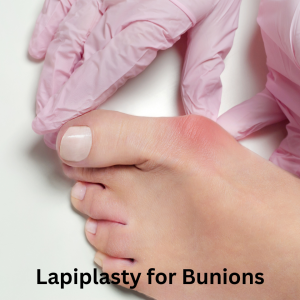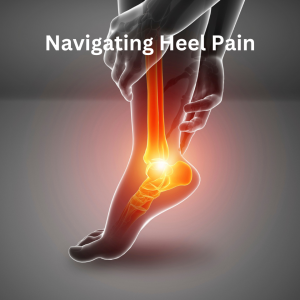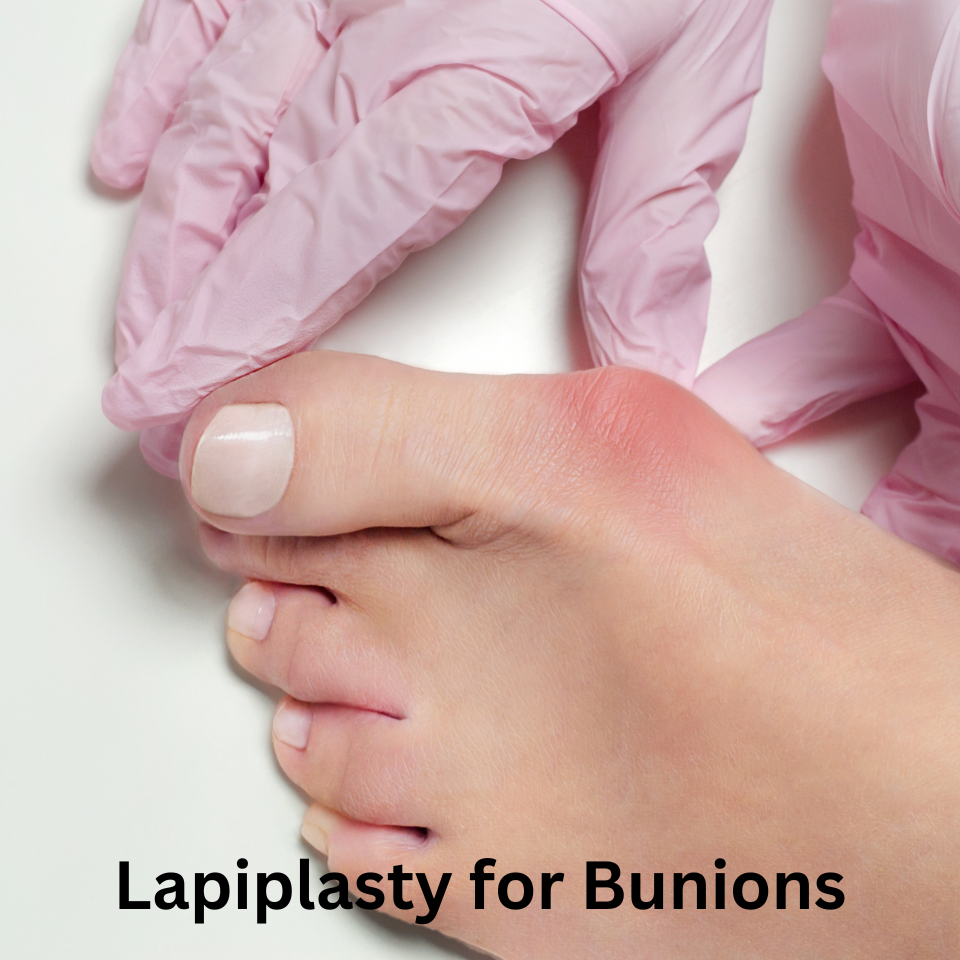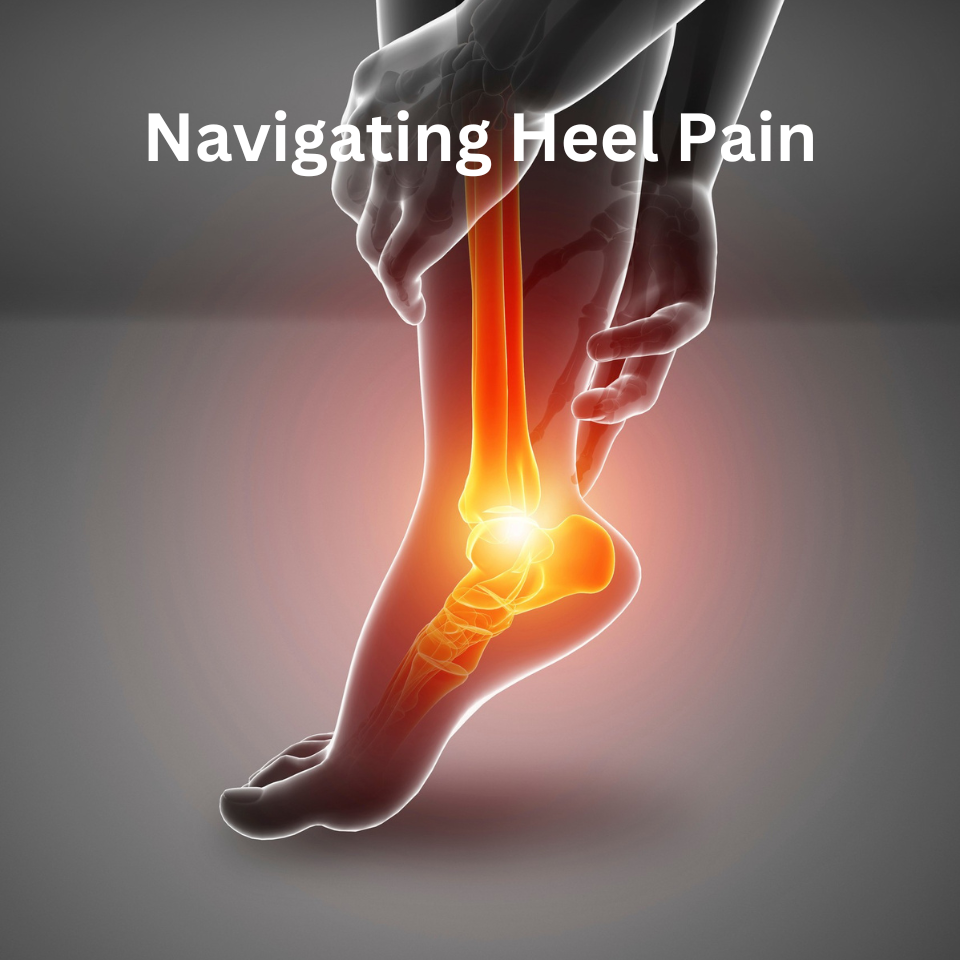What is Bursitis?
Bursitis – a term that might sound unfamiliar to many, yet it’s a condition that can affect anyone, causing discomfort and hindering mobility, especially during jogging or repetitive exercise.
Bursitis is essentially inflammation and swelling of fluid-filled sacs known as bursae. These bursae act as cushions situated near the joints between bones and tendon/muscle insertion points. In the foot alone, with its complex structure of 33 joints, bursae can be found in various areas, including the ball of the foot (particularly the metatarsophalangeal joints), the base of the fifth metatarsal, and the back of the heel near the Achilles tendon insertion.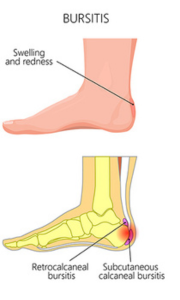
Causes of Bursitis
The inflammation of bursae can stem from various factors, primarily revolving around pressure or repetitive motion. Direct pressure or friction, often from ill-fitting footwear such as tight shoes or high heels, can lead to bursitis. Similarly, repetitive motions like running or jumping, especially without proper warm-up, can contribute to its development. Moreover, underlying foot deformities or medical conditions such as Haglund’s deformity, gout, or arthritis can exacerbate the risk of bursitis.
Symptoms of Bursitis
Identifying the symptoms of bursitis is crucial for timely intervention and management. These symptoms may manifest as pain during activities like walking or running, heightened pain when attempting to walk on tip-toe, swelling, redness, or stiffness in the affected joint, discomfort during joint movement, or tenderness upon touching the joint.
When to Seek Professional Help
It’s important to acknowledge that foot pain is never normal. Anyone experiencing symptoms of foot or ankle pain should consider consulting a podiatrist. Podiatrists are specialized doctors trained to address issues related to the feet and ankles. Seeking professional help early can facilitate timely diagnosis and treatment, preventing the worsening of the condition. If you are experiencing foot or ankle pain call our offices today to schedule an appointment in Morris or Yorkville at (815) 942-9050 or (630) 553-9300.
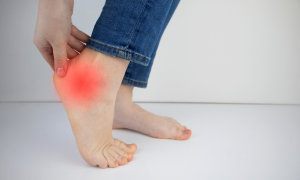
Diagnosis and Treatment
Diagnosing bursitis involves a comprehensive podiatric examination, wherein the podiatrist gathers information about the patient’s physical activities, sports participation, and occupation involving prolonged standing or repetitive motion. Clinical evaluation, including assessing for swelling, redness, or pain, is essential. Additionally, biomechanical examination, range of motion tests, and radiographic imaging help identify any underlying foot deformities exacerbating the symptoms.
Further diagnostic measures such as blood work, MRI, ultrasound, or arthrocentesis (removal of fluid from the bursae) may be warranted, particularly if there’s suspicion of infection or gout.
Preventing Bursitis
While bursitis can be debilitating, certain preventive measures can reduce its likelihood of occurrence:
- Footwear Selection: Opt for well-fitting shoes that provide adequate support and cushioning. Stop by our office for a complete list of Podiatrist approved footwear.
- Warm-Up Routine: Prioritize proper warm-up exercises before engaging in physical activities to prepare the muscles and joints.
- Orthotic Support: Consider using orthotic devices to control foot motion and minimize stress on bursae. Here at Foot & Ankle Centers, you can be fitted for custom orthotics.
- Activity Modification: Avoid overexertion and gradually increase intensity to prevent strain on joints and bursae.
In conclusion, understanding bursitis empowers individuals to recognize its symptoms, seek timely medical intervention, and adopt preventive strategies to maintain foot health.




